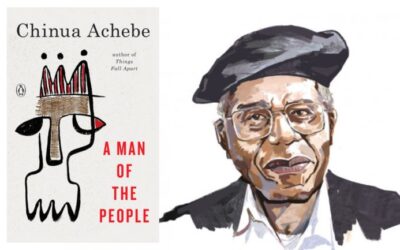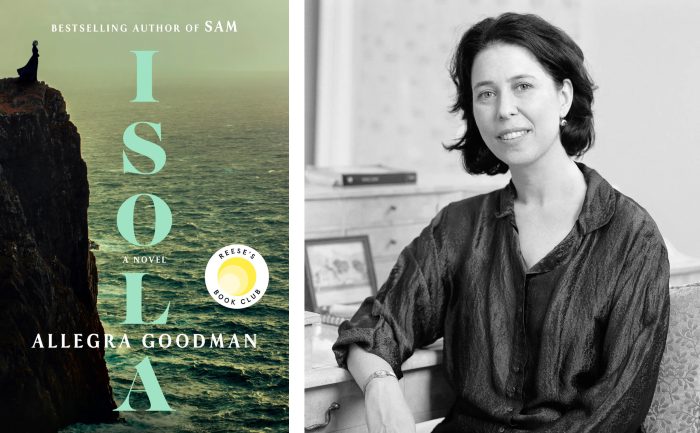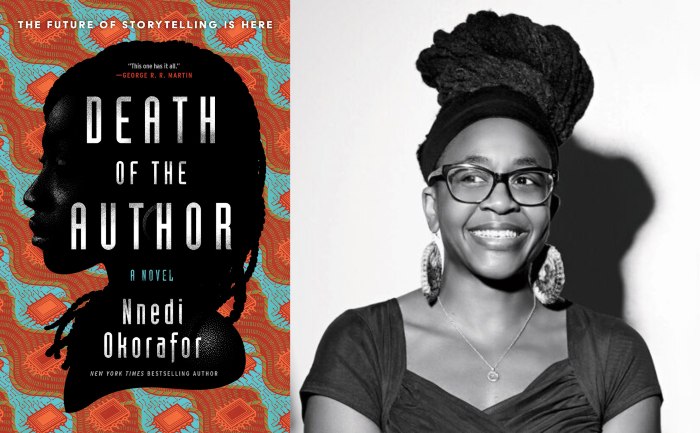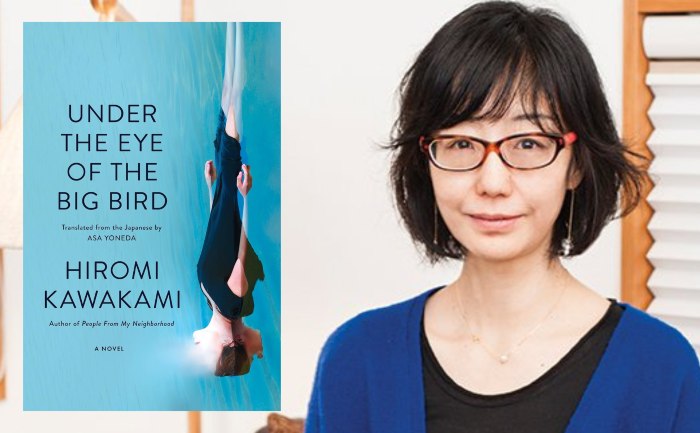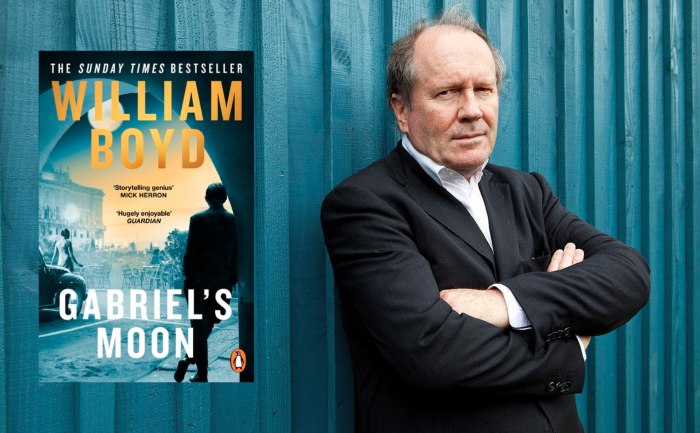Book of the Month December 2023
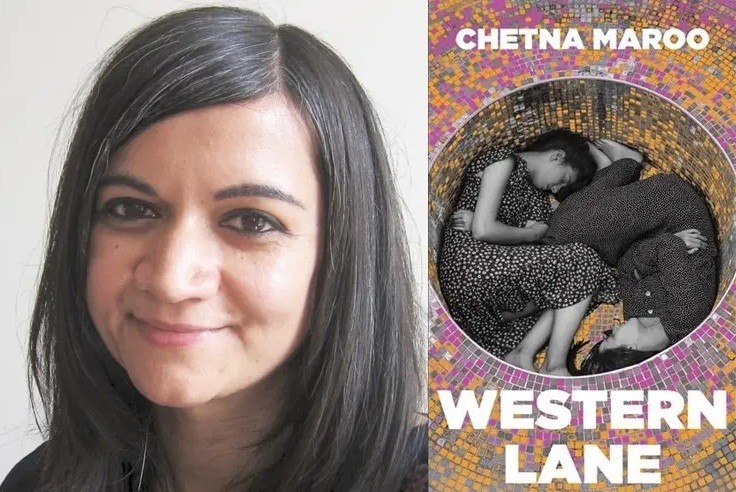 Chetna Maroo western lane 2
Chetna Maroo western lane 2
Book of the Month December 2023
Quizlit’s Book of the Month December 2023 is Western Lane by Chetna Maroo. Her debut novel has been shortlisted for the 2023 Booker Prize. Western Lane is a beautiful, evocative novel about grief, adolescence and family.
Western Lane by Chetna Maroo
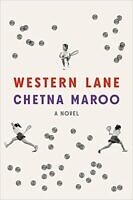
A beautiful and moving first novel about grief, sisterhood and a teenage girl’s struggle to transcend herself.
Eleven-year-old Gopi has been playing squash since she was old enough to hold a racket. When her mother dies, her father enlists her in a quietly brutal training regimen, and the game becomes her world. Slowly, she grows apart from her sisters. Her life is reduced to the sport, guided by its rhythms: the serve, the volley, the drive, the shot and its echo.
But on the court, she is not alone. She is with her pa. She is with Ged, a thirteen-year-old boy with his own formidable talent. She is with the players who have come before her. She is in awe.
An indelible coming-of-age story, Chetna Maroo’s first novel captures the ordinary and annihilates it with beauty. Western Lane is a valentine to innocence, to the closeness of sisterhood, to the strange ways we come to know ourselves and each other.
“This excellent debut lives in the small moments . . . Maroo’s calm, steady prose is so attuned to its subject matter it barely needs lyrical adornment . . . Few novelists write this simply and richly. With this gorgeous debut, Maroo blows most of the competition off the court.”
―Claire Allfree, The Times (UK)
“Tight, affecting prose . . . The book slowly unearths its protagonist’s inner world as she swings and swats her way through grief . . . Her passion becomes a salve―even as the rest of her world threatens to fragment.”
―James Tarmy, Bloomberg
“Maroo’s tale traverses the complexities of one family with an understated beauty, simultaneously graceful and teeming with fierceness, much like Gopi on the court. It is a powerful coming-of-age story, a tale of growing up as much as a tale of grief.”
―Abeje Schnake, Booklist
“Subtle and elegant . . . Gopi’s retrospective narration accumulates slow layers of heartbreak as the story proceeds, patiently building up an entire landscape of emotion through gestures, silences, and overheard murmurings in the dark. A debut novel of immense poise and promise.”
―Kirkus Reviews
About Chetna Maroo
Chetna Maroo was born in Kenya and currently lives in London. Interestingly, before embarking on her writing career, Chetna Maroo had worked as an accountant
Her stories have been published in the Paris Review, the Stinging Fly and the Dublin Review and she was the recipient of the 2022 Plimpton Prize for Fiction.
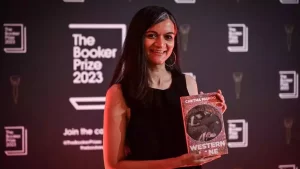
Excerpt from Chetna Maroo’s Booker Prize Interview
How does it feel to be nominated for the Booker Prize 2023, and what would winning the prize mean to you – especially as one of several debut novelists on the longlist?
It’s feels wonderful. It’s an honour. It’s humbling to see Western Lane amongst all the books that have been longlisted in the history of the prize. I’m still taking that in.
How long did it take to write Western Lane, and what does your writing process look like? Do you type or write in longhand? Are there multiple drafts or sudden bursts of activity? Is there a significant amount of plotting before you begin writing?
It took three years. I write slowly, the first pages in longhand, then typing. I usually try to get each sentence and paragraph sounding right before I go on, reading and editing from the beginning of the story. My own process seems unwise to me because I know I’ll eventually cut sections that I’ve spent weeks or months going over, but I have no other way. I have to trust that the work will benefit in the end from the rhythm and slow quality of this attention.
In the novel we see the world through the eyes of eleven-year-old Gopi. She and her sisters have recently lost their mother. Their pa is bereft and struggling to parent his daughters. At the same time, the girls’ aunt and uncle watch the family, hoping to help Pa by taking one of the girls to raise as their own. As I was writing, I was feeling my way. I didn’t have a plot or outline for the whole novel, but I had a sense that the story would turn on this one question: would Pa bring himself to let one of his daughters go?
Where do you write? What does your working space look like?
I write at my desk at home. To my left is a wardrobe, to my right above my desk the exhibition poster from the Dulwich Picture Gallery’s Tove Jansson retrospective, showing Moomintroll standing in an open window looking out into the dark.
Western Lane is about a young girl and her family who are grieving the loss of a family member, and who channel this grief into squash. Is it fair to call Western Lane a ‘sports novel’?
It’s fair to call it a sports novel. It’s also been called a coming-of-age novel, a domestic novel, a novel about grief, a novel about the immigrant experience.
Recently a friend asked me if the book has something of the detective story about it, with Gopi trying to find her way, piecing together the clues of small gestures, actions and fragments of overheard conversations; she has little to go on and since she’s dealing with the mysteries of loss, there are no answers for her. It seemed such an off-the-wall idea but it brought to my mind something Lorrie Moore suggested in her introduction to The Faber Book of Contemporary Stories About Childhood: that the acquisition of knowing and the subject of knowing or not knowing are ‘the unshakeable centre of any childhood story’.
All this to say, I’m not sure how best to categorise Western Lane but I’m interested in how readers read it.
What made you choose sport – and squash in particular – as a way for the family to deal with their grief?
Squash was simply where the story began for me. It started with the feeling of being inside a squash court, with a voice saying, ‘There were three of us.’ I knew there were three sisters in the court. I knew there was a father on the balcony above, instructing the girls. And I knew they all felt the presence of an absent mother.
It’s unusual for me to experience such a clear starting impulse for a story. Though I played squash for many years and the game is still vivid in my imagination I don’t know where the connection with this grieving family came from, but I trusted it.
As I began writing, it made sense to me – the way attention is focused outwards in the game, the concentration, the movement of bodies in sync with one another. There was also something about the squash court itself, about the simple white box: it’s such a surreal, unfamiliar place, and in part because of the unfamiliarity it’s a place where time seems suspended and the outside world can be forgotten.
If you enjoyed our Book of the Month December 2023 selection, check out our reading list for the Best British Books of the 21st Century.

